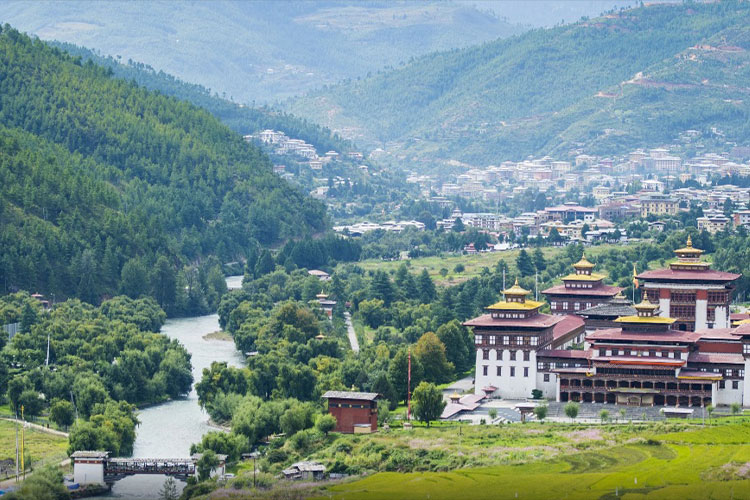

The first nation to achieve net-zero emissions, Bhutan has a remarkable forest coverage of 70% for its 800,000 citizens
August 17, 2023 | Staff Reporter | Bhutan | Facilities Management

Bhutan has emerged as a country with impressive net-zero emissions and not only curbed its carbon footprint, but also transformed into a carbon sink, absorbing more carbon dioxide (CO2) than releasing, as per the recent report from the World Economic Forum.
The country’s unique success as the first nation to achieve net zero emissions is rooted in its population of 800,000 and its remarkable forest coverage of 70%. The nation prioritises sustainable organic farming and forestry practices, accentuated by the reliance on hydropower and the prudent management of its main economic driver, tourism. Notably, Bhutan charges a $200 sustainable development fee per day to tourists, underscoring the value placed on eco-tourism and environmental protection.
It has been reported, another reason behind this control of emissions is that the forests are an intrinsic part of its spiritual heritage. Guided by a climate-conscious forest economy, Bhutan mitigates greenhouse gas emissions, preserves wildlife habitats, mitigates forest fires, and practices sustainable forest management for timber, fruit, and rubber – fostering a circular economy.
The nation has embarked on pilot projects that explore sustainable timber construction, showcasing innovative solutions. It is also one among the 196 nations that committed to the Paris Agreement during the UN Climate Change Conference focussed to restrict global temperature increases to 1.5 degree Celsius above pre-industrial levels.
The report further went on to reveal that seven other countries have attained an impressive feat of net-zero emissions. Comoros nestled in the Indian Ocean and Gabon in Central Africa have managed to control the carbon emissions and set an example for other countries. Comoros, by conscientiously managing its agricultural, fishing, and livestock sectors complemented by rigorous environmental safeguards, has maintained low emissions.